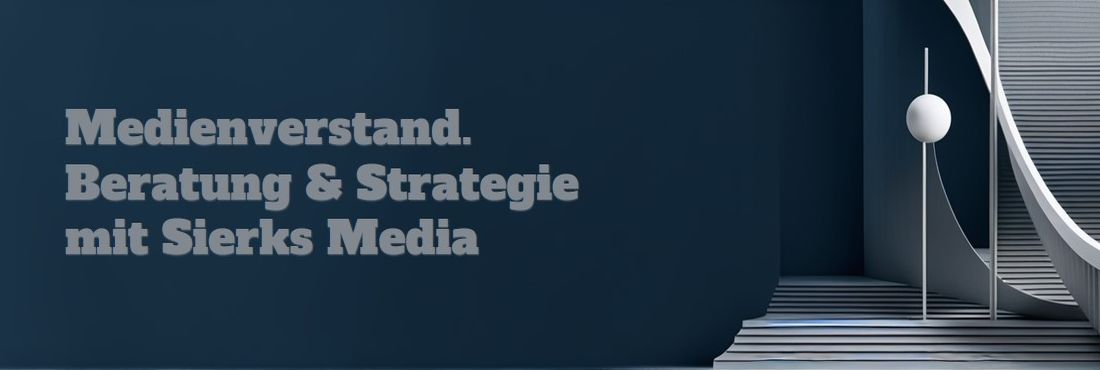In the summer of 1985, one topic dominated the headlines: the glycol wine scandal. Austrian winemakers illegally adulterated millions of liters of wine with an initially unknown liquid.
Later, this liquid was also found in German wines. The case developed into a white-collar crime story with alleged “poisoners,” mysterious informants, and political connections.
![]()

“The Great Wine Scandal – Adulteration and Profit” by ARD History will air on July 7th at 23:05 p.m. on Das Erste and will also be available in the ARD Mediathek from July 7th.
The glycol wine scandal
2025 marks the 40th anniversary of a scandal that made headlines in the summer of 1985: the glycol wine scandal. At the time, Austrian winemakers illegally adulterated millions of liters of wine with diethylene glycol—a banned additive that is potentially toxic in higher doses.
The case takes on unprecedented proportions: International exports collapse, wine inspectors receive death threats, and thousands of people demonstrate. And it also spills over into Germany. In Rhineland-Palatinate, the scandal leads to investigations that drag on for over ten years – against an important German wine merchant with close ties to state politics.
Danger for the wine industry
Media and consumers in Germany and Austria reacted with some outrage, reporting alleged deaths, illnesses, and poisonings. Glycol was on everyone’s lips in 1985 and was even voted “Word of the Year” in Germany.
In July 1985, German Health Minister Heiner Geissler warned against drinking Austrian Prädikat wines. Then it became clear that German wines were also contaminated with glycol – especially those from the Pieroth company. The suspicion was that the company had illegally mixed the adulterated Austrian wines with German ones and sold them at high prices as Prädikat wines.
Wine weekend with broth
Similar to Austria, the scandal in Rhineland-Palatinate not only endangers the wine industryIn an interview for this film, former opposition leader and later Prime Minister Rudolf Scharping describes his fears at the time of a chain reaction.
He says: “Do you think that someone goes to Rhineland-Palatinate with the motto, I’ll just make a nice wine weekend”If he has to suspect he’s being served some adulterated broth? He doesn’t. And you could see that everywhere.”
Adulteration and profit
The film depicts the events from the perspective of suspects and victims. Experts and contemporary witnesses describe the long-term, positive effects of the Skandal including the former Prime Minister of Rhineland-Palatinate Rudolf Scharping, the Viennese wine expert Klaus Postmann and the Mainz historian Verena von Wiczlinski.
ARD History’s “The Great Wine Scandal – Adulteration and Profit” will air on July 7 at 23:05 p.m. on Das Erste. The documentary will also be available in the ARD Mediathek starting July 7.
Sierks Media / © Photo: Matthieu Joannon, Unsplash

